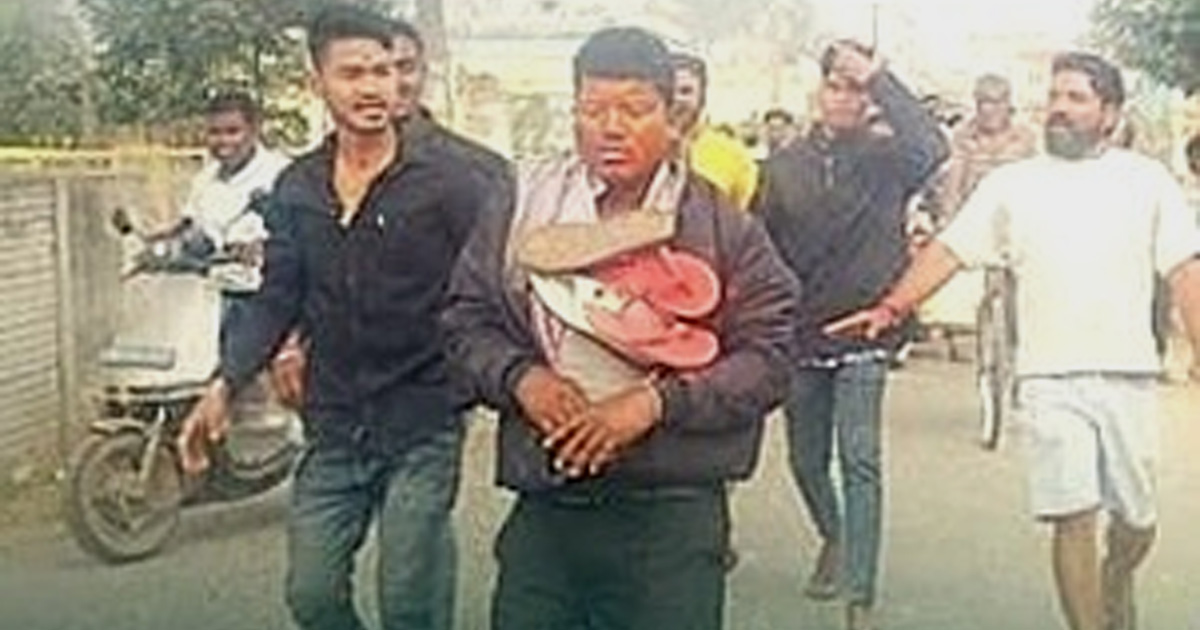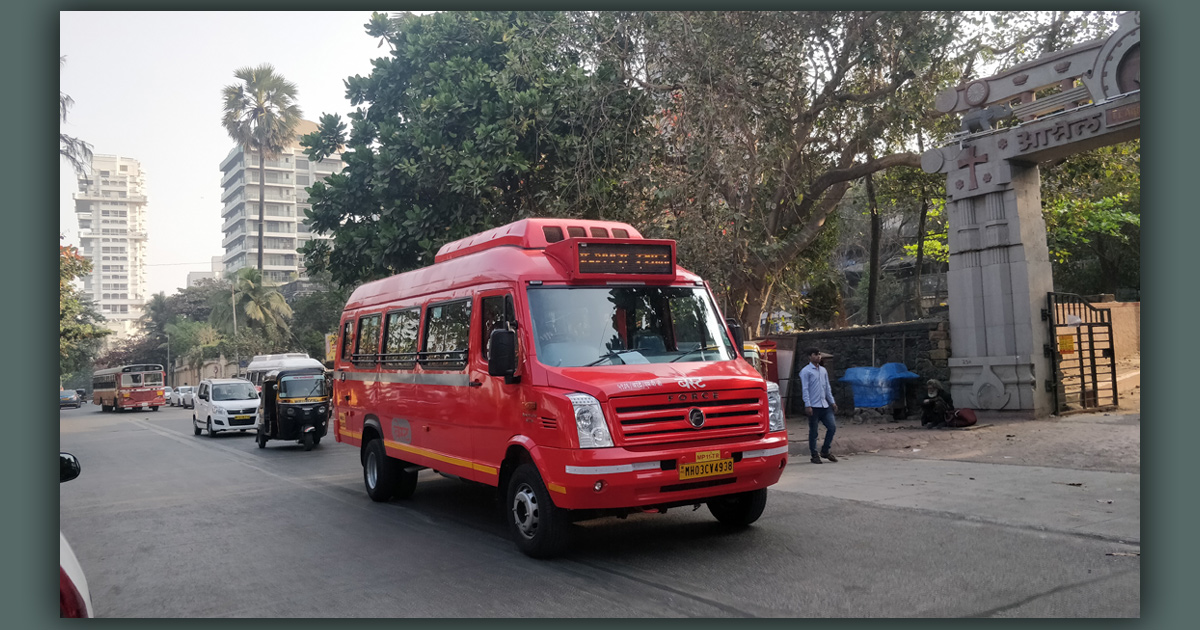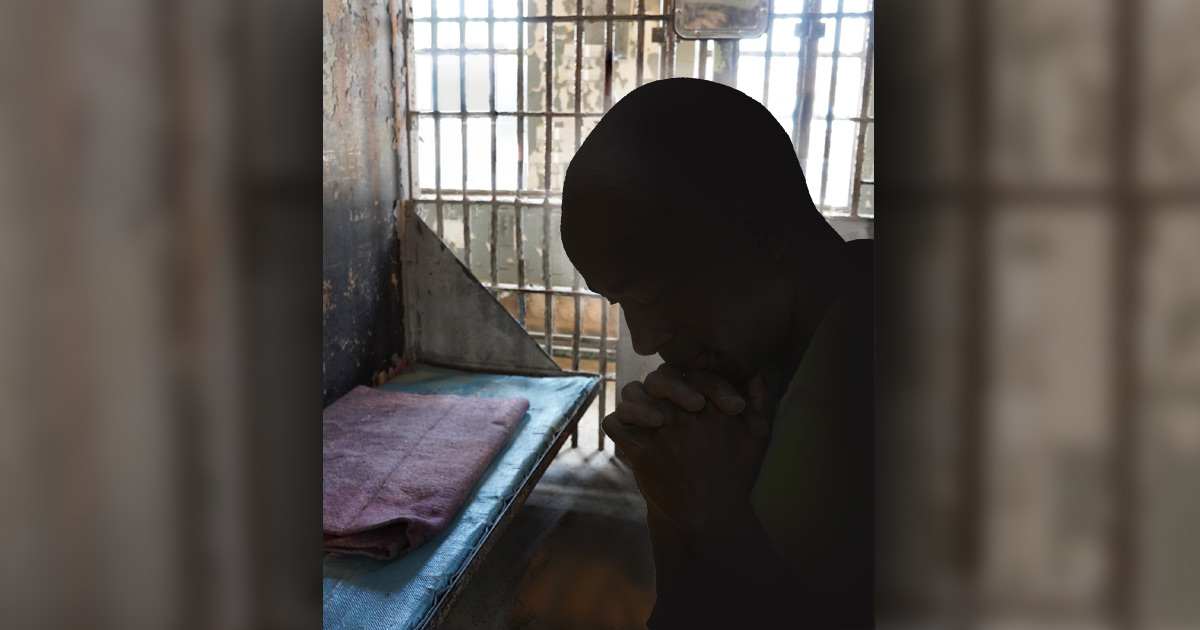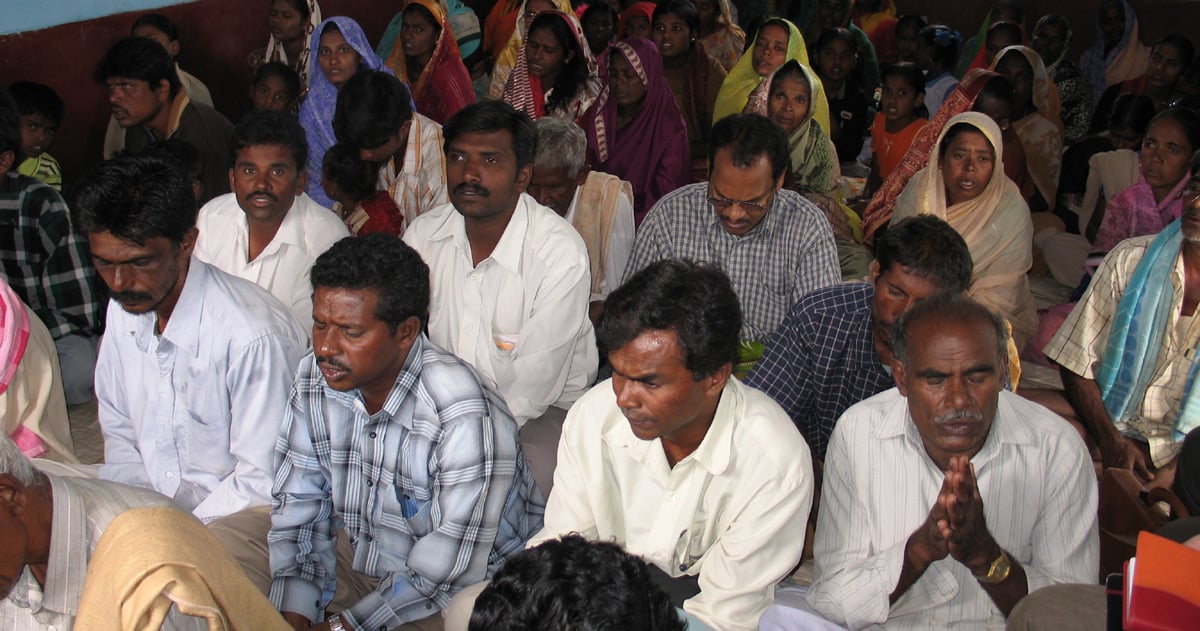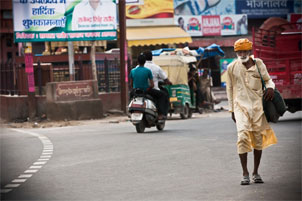
On August 12th, a bill was passed by the Jharkhand Assembly which will directly affect the religious freedoms of Christians. Despite receiving significant opposition from religious groups, the Jharkhand Freedom of Religion Bill-2017 has now been sent to the governor, whose approval precedes the president's review for final assent.
Anti-conversion laws such as these, ironically titled "Freedom of Religion" laws, often directly attack the religious freedoms of Christians. Section Three of this particular law forbids the attempt to convert anyone "either directly or otherwise...by use of force or by allurement or by any fraudulent means...."
Punishment under this bill would include imprisonment of up to three years, a fine of 50,000 rupees (approximately $965 CAD) -- or both. In cases where a minor, woman, or person from the Scheduled Caste or Scheduled Tribe communities is involved, the prison sentence would increase to four years and a fine of up to 100,000 rupees (about $1,930 CAD).
Although similar laws exist in six other Indian states, those governments have not defined the terms "inducement," "coercion," "force" or "fraud" in the context of religious conversions. Due to this legal ambiguity, these laws have been widely abused by radical Hindu nationalist groups to harass and intimidate Christians while claiming to be under the auspices of state law. A previous report on the anti-conversion laws can be found here.
With the passing of this new law, pray that the church across India would not succumb to fear but rather rely even more so on the One whose message cannot be silenced. Intercede on behalf of the country's pastors and evangelists, asking that they be endowed with an increased measure of God's wisdom and anointing so they can continue sharing His Word with all who are willing to listen. In spite of the opposition, may the church continue to grow in strength, faithfulness and number.

 Population
Population